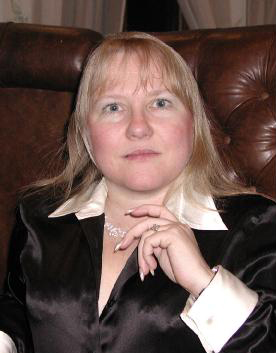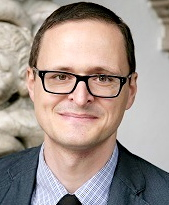Speakers
Key researchers in computational social science and data science will present recent advances in the data-driven modeling and prediction of social systems. They will highlight future opportunities and challenges in this exciting research area at the intersection of computer, natural and social science.

Harald Gall
Dean of the Faculty of Business, Economics, and Informatics
University of Zurich

Reinhard Riedl
President
Swiss Informatics Society

Kathleen M. Carley
School of Computer Science
Carnegie Mellon University

Iain Couzin
Max Planck Institute for Ornithology
University of Konstanz

Jure Leskovec
Computer Science Department
Stanford University

Ingo Scholtes
Department of Informatics (IfI)
Universität Zürich

Frank Schweitzer
Chair of Systems Design
ETH Zürich

Markus Strohmaier
Department for Society, Technology, and Human Factors, RWTH Aachen
Key researchers in computational social science and data science will present recent advances in the data-driven modeling and prediction of social systems. They will highlight future opportunities and challenges in this exciting research area at the intersection of computer, natural and social science.

Harald Gall
Dean of the Faculty of Business, Economics, and Informatics
University of Zurich

Reinhard Riedl
President
Swiss Informatics Society

Kathleen M. Carley
School of Computer Science
Carnegie Mellon University

Iain Couzin
Max Planck Institute for Ornithology
University of Konstanz

Jure Leskovec
Computer Science Department
Stanford University

Ingo Scholtes
Department of Informatics (IfI)
Universität Zürich

Frank Schweitzer
Chair of Systems Design
ETH Zürich

Markus Strohmaier
Department for Society, Technology, and Human Factors, RWTH Aachen
